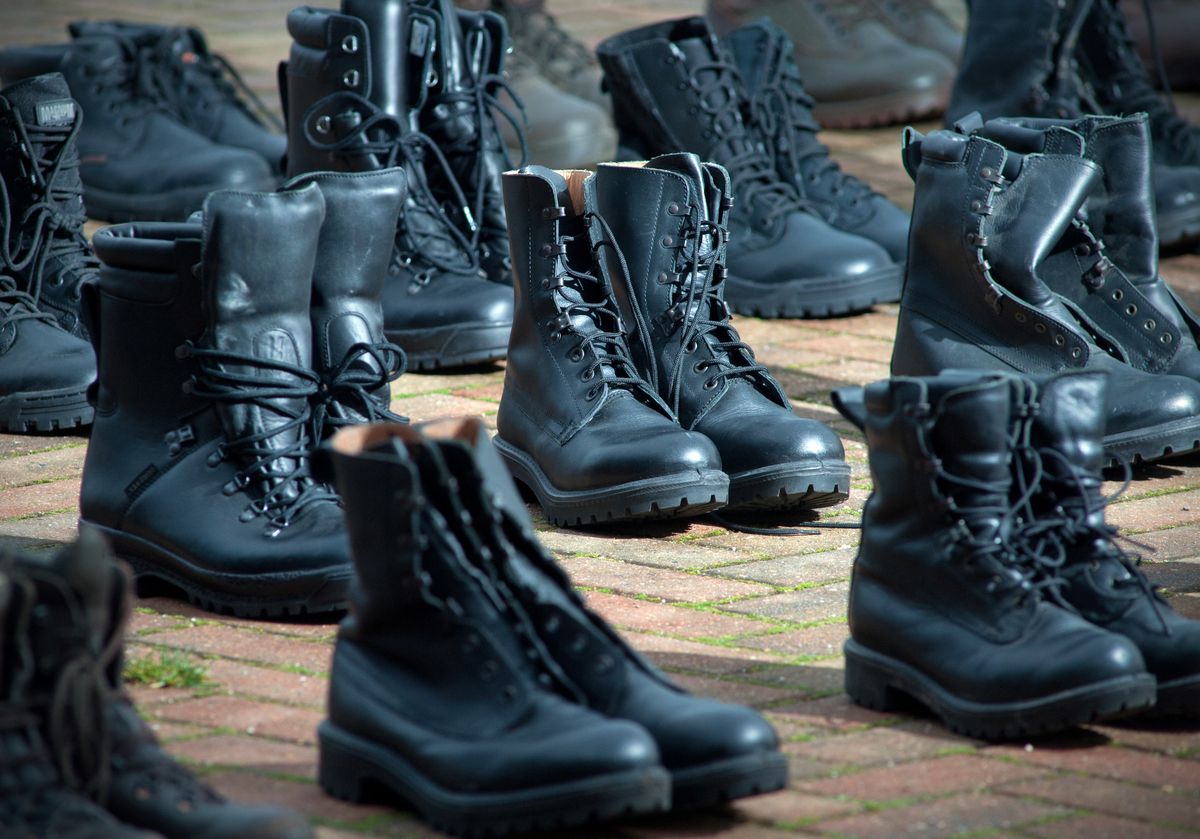Policing in ‘crisis’ as 1 in 5 officers showing symptoms of PTSD
ONE in five police officers suffer from symptoms of PTSD, but over two-thirds are unaware they are suffering from the illness.
A new survey by Police Care UK has revealed that 90% of police workers who responded have experienced trauma, and of those respondents one in five reported experiencing PTSD symptoms in the past week.
Dr Jess Miller, who led the research said: “For the first time in the UK we can see behind the cultural trope of the burnt-out copper who’s seen too much. This is a clinical and public sector crisis.
“Dealing with disturbing experiences is a defining part of policing, but employees have a right to expect resources to protect them from the impact of daily trauma exposure. Without such resources in place, the cost to policing and public safety will just mount up.”
PTSD can cause sleep disturbance, irregular heartbeats and sweats. It can also cause a sense a sufferer to feel empty or hopeless as well as feeling increasingly detached from friends and family.
Around half of the respondents also said that they had insufficient time to process incidents before being sent back out to the next call.
Lancashire’s Chief Constable, Andy Rhodes, who is also the National Police Chiefs’ Council Lead for Wellbeing, said: “Policing is by its nature a stressful job and officers are exposed to some of life’s most challenging situations on a daily basis
“With stigma around mental health slowly reducing we are seeing hidden issues emerging such as high levels of stress and trauma impact, which can contribute to escalation if they aren’t addressed”, he added.
One police officer who completed the survey described how he would wake up with night terrors after attending a series of murder scenes.
Since the survey, Police Care UK have called for a national policing mental health strategy designed to better support police officers with trauma management.
Andy Rhodes said that NPCC was already beginning to work with the NHS to develop a strategy.
“We have a responsibility to look after the men and women whose job it is to keep us safe”, he added.

